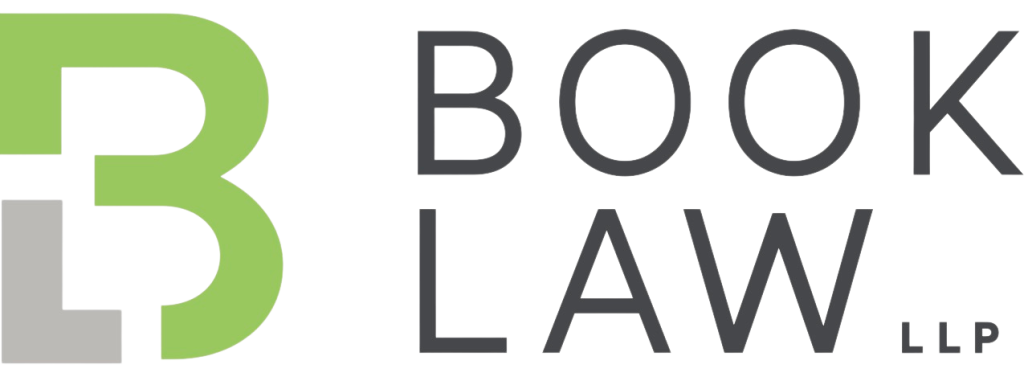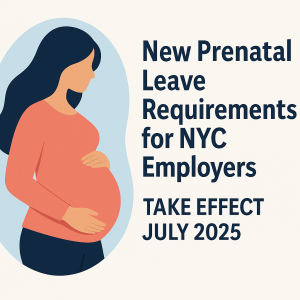On February 25, 2021, the U.S. Department of Labor (“DOL”) added three COVID-19 related reasons for which workers may be eligible for Pandemic Unemployment Assistance (“PUA”).
The three new categories of workers eligible for PUA are:
- Workers who received unemployment benefits but whose continued claims were denied after they refused to either return to work or accept an offer to work at a worksite that does not comply with federal, state or local health and safety standards related to COVID-19. Examples include failure to comply with standards relating to face masks, physical distancing or personal protective equipment.
- Workers who were laid off or had their work hours reduced as a direct result of the COVID-19 pandemic, even if their worksite was not closed.
- School employees who (a) are not claiming a week that occurs between or within terms; (b) do not have a contract or reasonable assurance to return in the subsequent year or term; and (c) are unemployed or partially unemployed because of volatility in the school schedule that is directly related to COVID-19 or because of another COVID-19 related reason.
Workers who would have been eligible for PUA under these new categories but were denied benefits will receive PUA benefits retroactively. Workers who filed for PUA before December 27, 2020, will receive benefits retroactively to the date of their eligibility. Workers who filed for PUA after December 27, 2020, will receive benefits retroactively to the weeks of unemployment beginning on or after Dec. 6, 2020.
Individuals who apply for PUA must self-certify that they are unemployed, partially unemployed, or unable or unavailable to work for a COVID-19 related reason. Workers are not eligible for PUA if they are eligible for regular unemployment compensation (UC), Pandemic Emergency Unemployment Compensation (PEUC), or Extended Benefits (EB). Workers are also not eligible for PUA if they can telework or if they are receiving paid sick leave or other paid leave benefits.
The DOL issued guidance to the state unemployment agencies on this expansion of PUA benefits. The DOL does not expect that states will be able to expand eligibility until the end of March, at the earliest, and reminds states that they may not charge employers for PUA benefits because PUA is fully funded by the federal government.
If you have any questions on unemployment benefits in New York or New Jersey, please contact Chaim Book at cbook@mb-llp.com or Sheryl Galler at sgaller@mb-llp.com.

